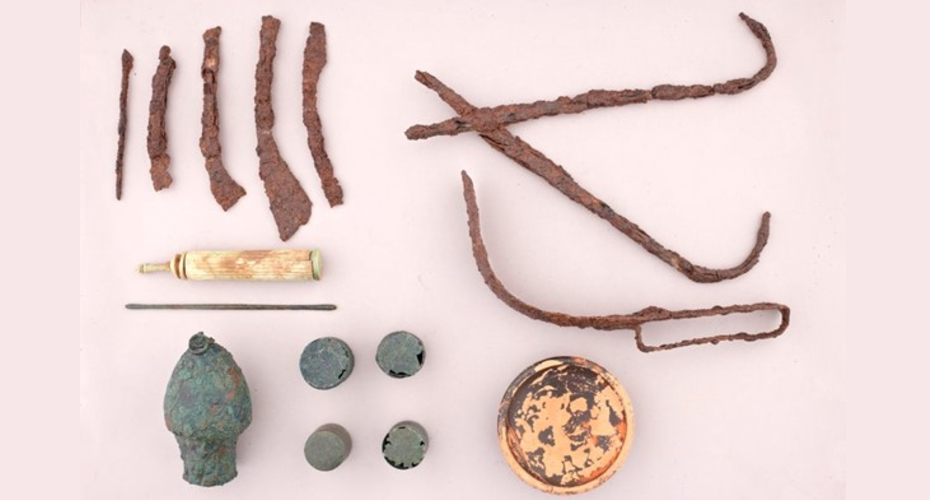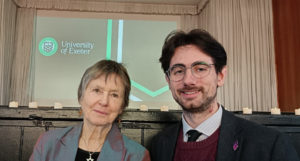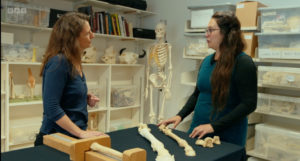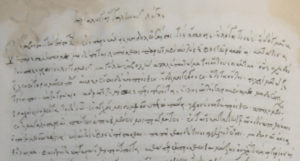New light on ancient medicine in Macedonia and Northern Greece

Photograph Courtesy of Pieria Ephorate of Antiquities / O. Kourakis.
The ‘overlooked and underestimated’ history of an ancient Mediterranean region on the development of contemporary medicine has been explored at an international workshop co-organised by the University.
Focusing upon new and old techniques of analysis and evidence, the event sought to transform understanding of medicine in ancient Macedonia, Thrace and Northern Greece.
It was jointly organised by the Centre for the Study of Science, Technology, Ancient Medicine and Philosophy (STAMP) at Exeter and the Antigonid Network, who are working to redress the lack of attention to this important Hellenistic kingdom, centred on Macedon. It drew delegates from multiple disciplines and institutions across Europe.
“This collaboration was vital,” said Rebecca Flemming, A.G. Leventis Professor of Ancient Greek Scientific and Technological Thought, in the Department of Classics, Ancient History, Religion and Theology. “We were able to bring out multiple ways in which Macedonia, Thessaly, Thrace, and other northern Greek locations were key sites of medical activity and ideas in the Classical and Hellenistic periods, shifting the geographical focus from the eastern Mediterranean, or the big southern cities like Athens.”
Rich recent archaeological finds of surgical instruments and other medical items in the region, including objects from a fourth century BCE doctor’s tomb in Pydna, have provided material evidence to support the prominence of northern cities in the Hippocratic Epidemics, for example. A sophisticated medical culture at the Antigonid Court in Hellenistic Macedon has also been identified.
A full report can be found in the conference blog, including about investigations into the substances contained in the small bronze boxes.



